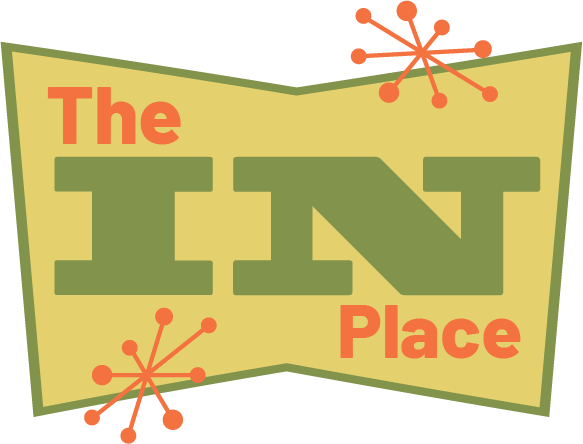managing depression in the context of ADHD… Or in general
so you can probably tell it’s been a while since I posted. It is always a challenge for us ADHD folks to be consistent. I think of success as not being about falling off the horse, but about how fast we can get back on the horse. This tendency of ours to fall away from consistency is exacerbated by depression. if you don’t know, 85% of people with ADHD have at least one comorbidity, or co-occurring condition. Depression and anxiety are by far the most common. Those of you who read me regularly know that I’m open about my own issues with depression and anxiety. Those issues are currently more in the forefront than they have been for years due to some stressful family situations. one of the reasons I’m an expert on ADHD is that I manage it pretty darn well. However, it is consistently been my experience since I was 18 that all the ADHD management and all the Ritalin in the world will only do so much good if you’re clinically depressed. I will admit that I have been struggling lately. And that is the big reason that I haven’t been posting consistently. So why do I bring that up. I bring it up in order to share some of my recovery kung fu. I have committed to writing this blog for almost a decade now. It’s the major thing I do for marketing and to keep my site coming up high on search engines. It is important. But, strangely, it’s never really urgent. In the sense that no small children will die if I don’t post for a given week. But not posting for a month isn’t great. Not posting for longer could be the beginning of the end. here are some thoughts that I’ve had…
